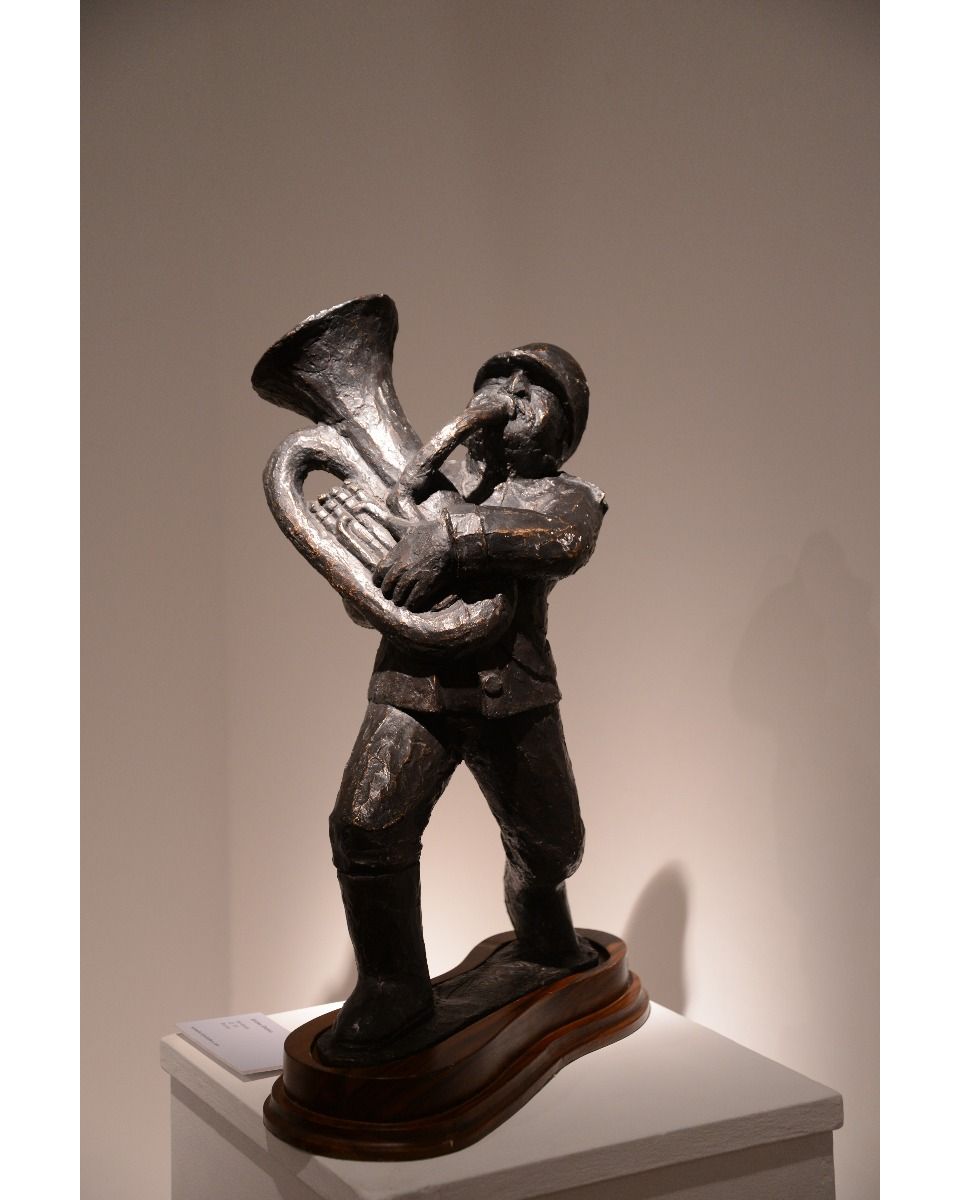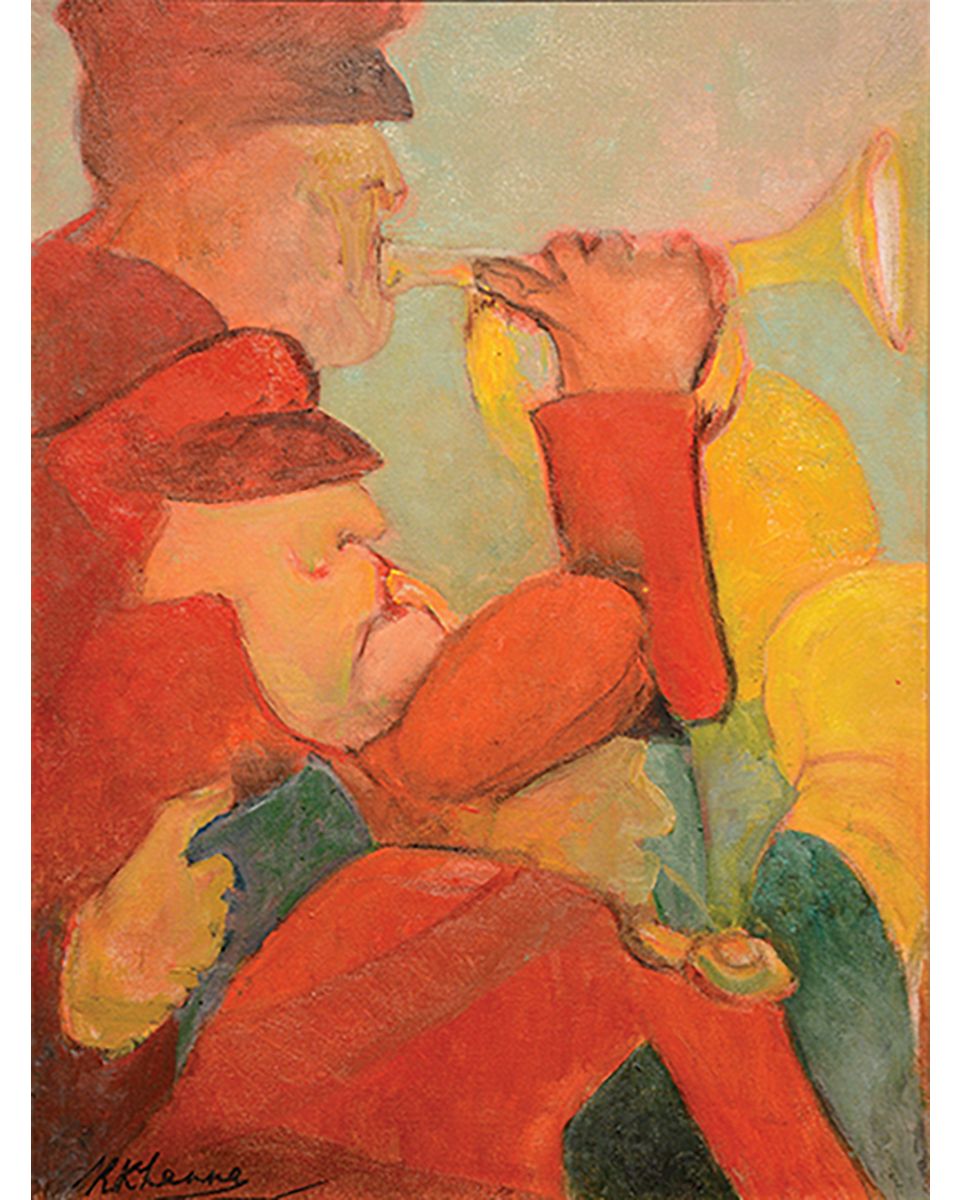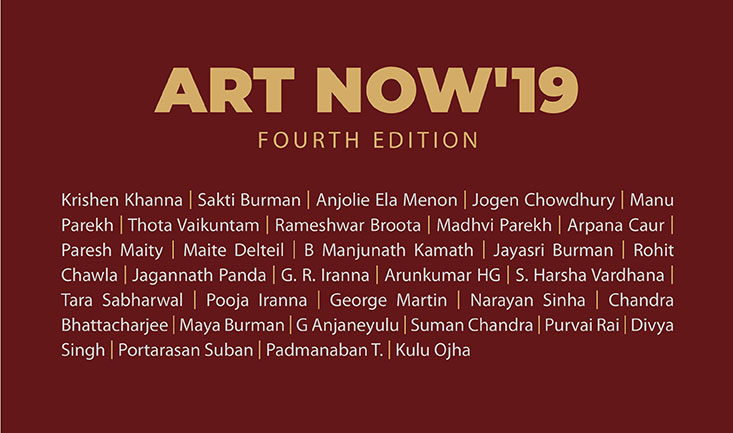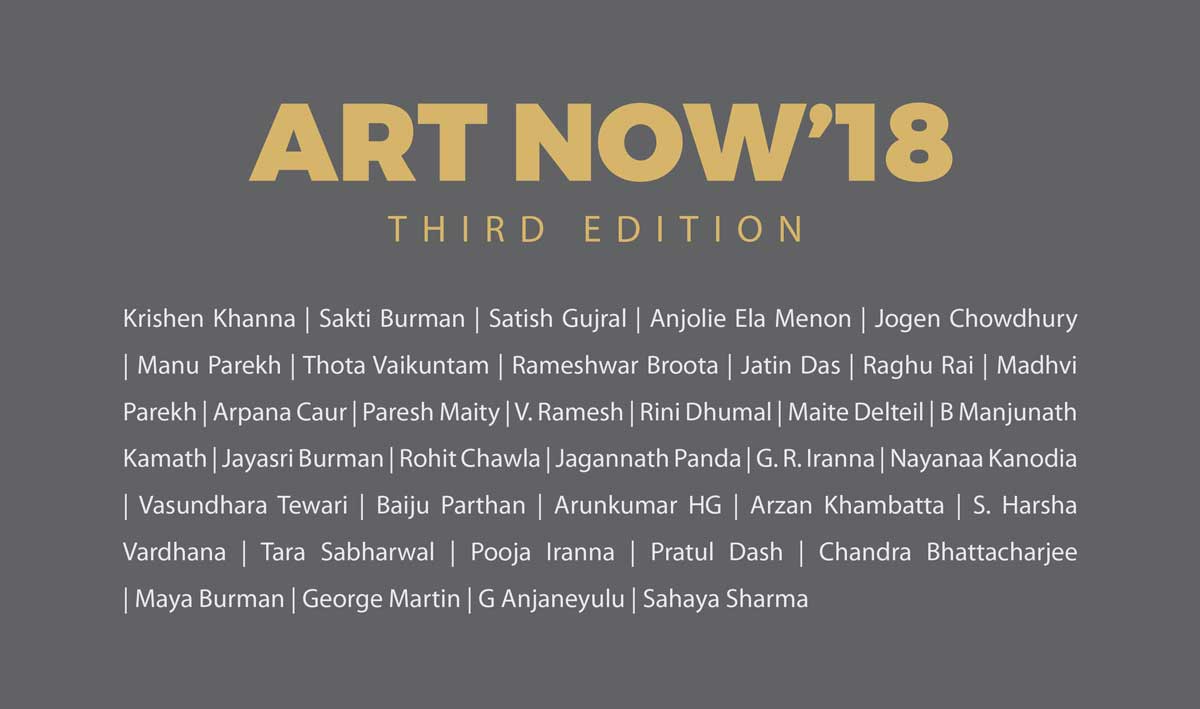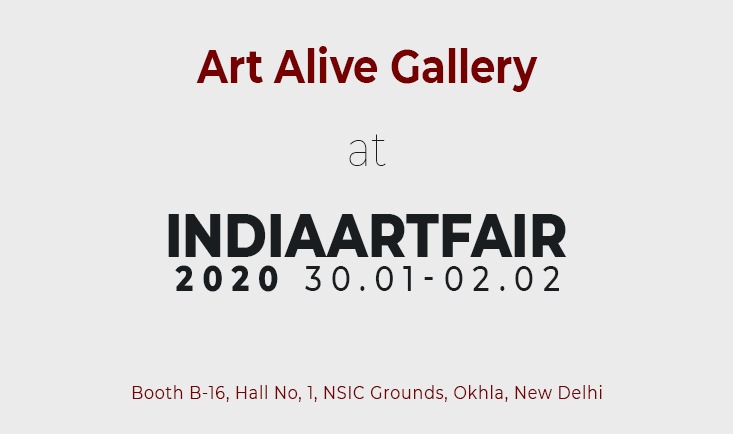Krishen Khanna
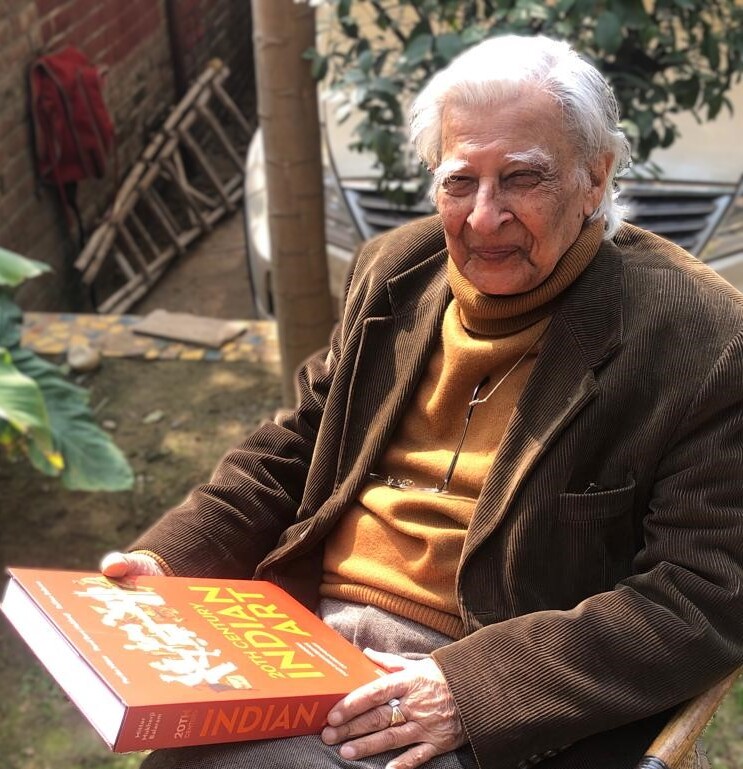
Born in Lyallpur (now Faislabad, Pakistan) in 1925, pre-partition India, Krishen Khanna is a genre painter and a narrativist who attended evening classes at the Mayo School of Art, Lahore. His migration to Shimla, India, after the Partition of India and Pakistan and the chaos following the aftermath deeply scarred him. His early works are reproductions of memories from this period.
Khanna, a largely self-taught artist, attended the Imperial Service College, Windsor, England, where he graduated in 1940. Following his family's relocation to India, he accepted a job offer from Grindlays Bank, which brought him to Mumbai. He was then invited to join the now-famous Progressive Artists' Group, which created ripples in Indian art.
He painted the political environment of the nation from the 1950s onwards. Krishen Khanna draws inspiration from various sources, including biblical tales and the band players, and is interested in incorporating a narrative element.
Krishen Khanna paintings portray historical moments, similar to photographs even though his style is far from photo-realist. Most of Krishen Khanna paintings are figurative as he loves to explore the human form and emphasise the human beings involved in certain conditions. Krishen Khanna transfers his observations onto the canvas. The artist uses expressionistic brushstrokes and vibrant colours to elevate the mundane, giving them an iconic status.
Krishen Khanna's oil on canvases and drawings predominantly portray the middle and lower classes and their trials and tribulations. The figurative form in his works remains intact in conjunction with expressionist lines and energetic colours. His subjects for his works are mainly labourers and women engaged in mundane tasks. His work has also often focused on music and musicians, as though he were trying to capture its undulating rhythms in oil and in two dimensions.
He is the first Indian artist who was awarded the Rockefeller Fellowship in 1962. He was granted an artist residency at American University in Washington, D.C., in 1964; he won a fellowship from the CECA, which brought him to New York, where he began experimenting with Abstract Expressionism. Since then, he has exhibited his works widely in India and abroad.
He has held numerous solo shows such as ‘Krishen Khanna: Paintings from my sitting room’ at Grosvenor Galley in 2021; ‘Krishen at 95’, Grosvenor Gallery and Artoholics Gallery, ITC Maurya Sheraton, New Delhi (2020); 'Krishen Khanna: Drawings & Paintings', Vadehra Art Gallery, New Delhi (2016); 'When the band begins to play..', Grosvenor Gallery, London (2015), ‘Krishen Khanna: A Retrospective', presented by Saffronart, Mumbai at Lalit Kala Akademi, New Delhi (2010) 2014 Krishen Khanna: A Celebration of Lines, Sakshi Gallery, Mumbai (2010).
He has participated in group shows like the Tokyo Biennale 1957 and 1961, the Sao Paulo Biennale 1960, the Venice Biennale 1962, the Festival of India in the erstwhile USSR and Japan in 1987 and 1988, among many others.
In 2011, the Government of India awarded him with the Padma Bhushan; in 2004, he received the Lalit Kala Ratna from the President of India; and in 1997, he received the Kala Ratna from the All India Fine Arts and Crafts Society, New Delhi.
He is a recipient of Government of India's highest civilian awards viz: 'Padma Shree' in 1990 and the 'Padma Bhushan' in 2011. Many publications have been brought out on his life and work, namely 'Krishen Khanna: Images in My Time', 'The Embrace of Love', 'A Critical Biography', 'The Great Procession: A Mural by Krishen Khanna' to cite a few.
He lives and works in Gurugram, Haryana.


